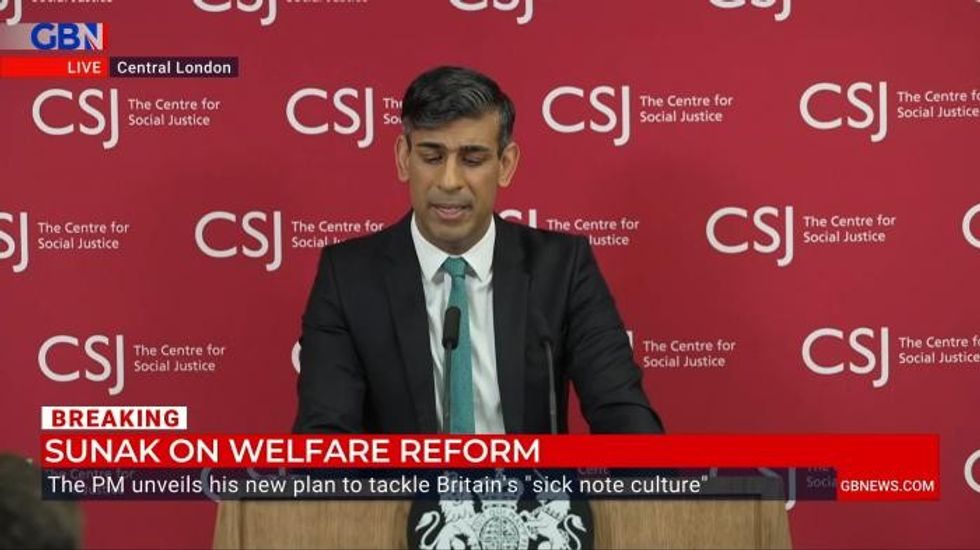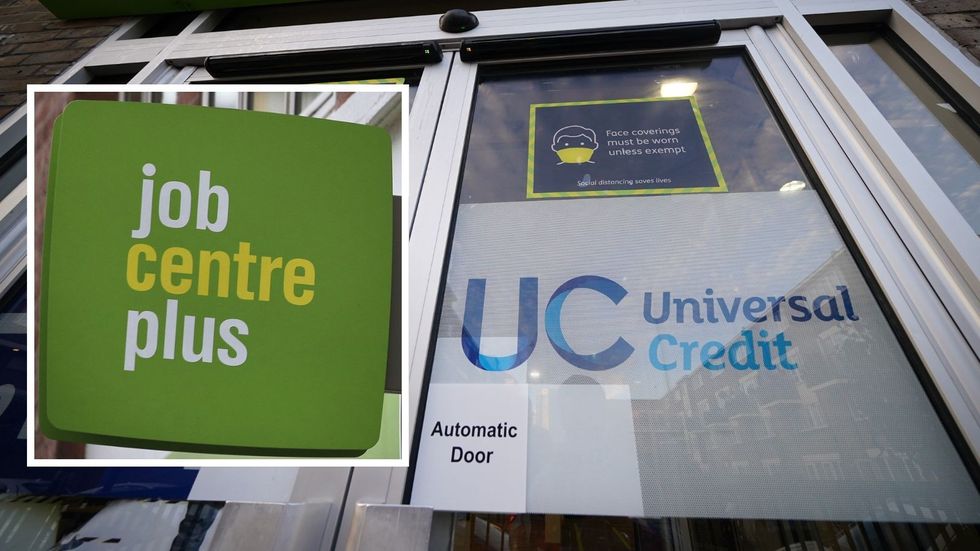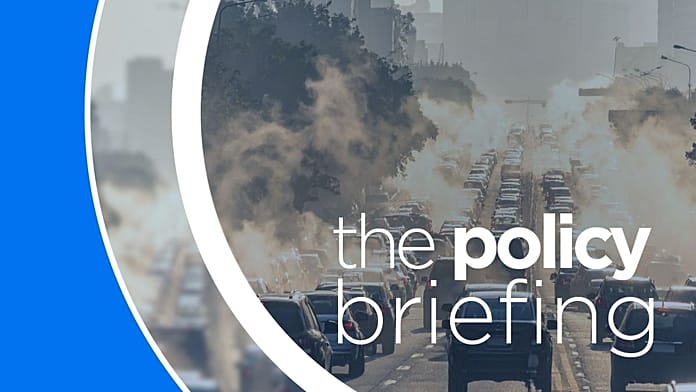180,000 people face Universal Credit changes from next month
Some 180,000 people on Universal Credit will need to look for more work under changes set to be introduced next month.The Government last week lay regulations to increase the Administrative Earnings Threshold (AET).The AET is the amount a person on Universal Credit can earn that affects what they are asked to agree to.Individuals earning below the AET in an assessment period must:Show they're actively looking for more, or better-paid workBe available for work.People in part of a couple whose combined earnings are at or above their AET, will not have to meet the aforementioned criteria.Members of a couple whose individual earnings are below the individual AET, and whose combined earnings are below the couple's AET, will both have to:Show they're actively looking for more, or better-paid workBe available for workThe AET for individuals is currently £743 per assessment period, but this will rise to £892 from next month.This is the equivalent of an individual earning National Living Wage for 18 hours a week.For couples, the combined couple's AET is £1,189 per assessment period, rising to £1,437 from next month.Those who earn above the AET will not need to actively look for more or better paid work.People earning below the AET are placed in the Intensive Work Search Group and are required to regularly meet with their work coach.Under the upcoming changes, more than 180,000 Universal Credit recipients will be moved from the Ligth Touch group into the Intensive Work Search group.LATEST DEVELOPMENTS:Universal Credit move could see thousands on benefits ‘worse off by £2,800 a year’Universal Credit recipients may be able to get £1,200 savings boost500,000 Britons must ‘take action’ after DWP letter or lose benefits entitlement The Government said claimant commitments will be tailored to personal circumstances, and take into account caring responsibilities as well as health conditions.A claimant commitment is an agreement a person must accept in order to get Universal Credit.It's a record of what recipients agree to do, such as preparing for and looking for work, or increasing earnings, if they're already working.

Some 180,000 people on Universal Credit will need to look for more work under changes set to be introduced next month.
The Government last week lay regulations to increase the Administrative Earnings Threshold (AET).
The AET is the amount a person on Universal Credit can earn that affects what they are asked to agree to.
Individuals earning below the AET in an assessment period must:
- Show they're actively looking for more, or better-paid work
- Be available for work.

People in part of a couple whose combined earnings are at or above their AET, will not have to meet the aforementioned criteria.
Members of a couple whose individual earnings are below the individual AET, and whose combined earnings are below the couple's AET, will both have to:- Show they're actively looking for more, or better-paid work
- Be available for work
The AET for individuals is currently £743 per assessment period, but this will rise to £892 from next month.
This is the equivalent of an individual earning National Living Wage for 18 hours a week.
For couples, the combined couple's AET is £1,189 per assessment period, rising to £1,437 from next month.
Those who earn above the AET will not need to actively look for more or better paid work.
People earning below the AET are placed in the Intensive Work Search Group and are required to regularly meet with their work coach.
Under the upcoming changes, more than 180,000 Universal Credit recipients will be moved from the Ligth Touch group into the Intensive Work Search group.
LATEST DEVELOPMENTS:
- Universal Credit move could see thousands on benefits ‘worse off by £2,800 a year’
- Universal Credit recipients may be able to get £1,200 savings boost
- 500,000 Britons must ‘take action’ after DWP letter or lose benefits entitlement
The Government said claimant commitments will be tailored to personal circumstances, and take into account caring responsibilities as well as health conditions.
A claimant commitment is an agreement a person must accept in order to get Universal Credit.
It's a record of what recipients agree to do, such as preparing for and looking for work, or increasing earnings, if they're already working.







































